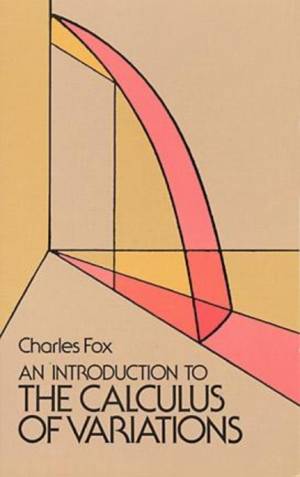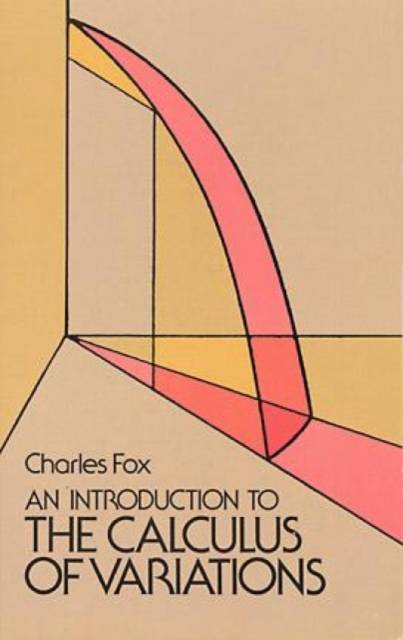
- Afhalen na 1 uur in een winkel met voorraad
- Gratis thuislevering in België vanaf € 30
- Ruim aanbod met 7 miljoen producten
- Afhalen na 1 uur in een winkel met voorraad
- Gratis thuislevering in België vanaf € 30
- Ruim aanbod met 7 miljoen producten
Omschrijving
An understanding of variational methods, the source of such fundamental theorems as the principle of least action and its various generalizations, is essential to the study of mathematical physics and applied mathematics.
In this highly regarded text, aimed at advanced undergraduate and graduate students in mathematics, the author develops the calculus of variations both for its own intrinsic interest and because of its wide and powerful applications to modern mathematical physics.
The first two chapters deal with the first and second variation of an integral in the simplest case, illustrated by applications of the principle of least action to dynamical problems. Chapters III and IV delve into pure mathematics, exploring generalizations and isoperimetrical problems. Applied mathematics are discussed in Chapters V, VI, and VII, including studies of least action, a proof of Hamilton's principle and its use in dealing with dynamical problems in the special theory of relativity, and such methods of approximation as the Rayleigh-Ritz method, illustrated by applications to the theory of elasticity. The last three chapters examine variable end points and strong variations, including an account of Weierstrass's theory of strong variations, based upon the work of Hilbert.
Ideal as a text, this volume offers an exceptionally clear presentation of the mathematics involved, with many illustrative examples, while numerous references cite additional source readings for those interested in pursuing a topic further. Students are assumed to have a knowledge of partial differentiation and differential equations.
Specificaties
Betrokkenen
- Auteur(s):
- Uitgeverij:
Inhoud
- Aantal bladzijden:
- 304
- Taal:
- Engels
- Reeks:
Eigenschappen
- Productcode (EAN):
- 9780486654997
- Verschijningsdatum:
- 18/10/2010
- Uitvoering:
- Paperback
- Formaat:
- Trade paperback (VS)
- Afmetingen:
- 138 mm x 215 mm
- Gewicht:
- 312 g

Alleen bij Standaard Boekhandel
Beoordelingen
We publiceren alleen reviews die voldoen aan de voorwaarden voor reviews. Bekijk onze voorwaarden voor reviews.











